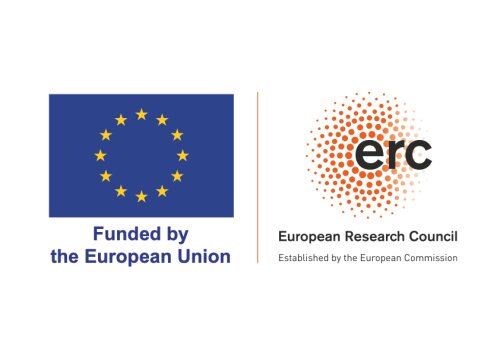POLPOP II is a cross-national project that examines how politicians evaluate public opinion. The project builds on the foundations laid by the previous POLPOP I project, which focused on the accuracy of elites' perceptions of public opinion. The project starts from the assumption that in democracies, policies are expected to be responsive to public opinion. Extant research showed that responsiveness is selective. It varies across issues, time and countries. Yet, we still do not have a satisfying answer for why policies are only sometimes responsive to the views of citizens. POLPOP II formulates and examines a novel answer to the puzzle why policy responsiveness varies. Its core argument holds that politicians evaluate public opinion and this evaluation determines whether they take actions that respond to public opinion or not.
Politicians’ appraisal of public opinion has been overlooked as a mechanism for bringing about responsive representation. The central expectation is that public opinion is evaluated by politicians based on a consistent and common scoreboard. For instance, opinion signals are rated based on their representativeness and underlying public opinion is evaluated on its quality and its intensity. The project tests these expectations by surveying and interviewing politicians in fourteen different countries. To put politicians’ behavior in perspective, their answers are compared to parallel citizen surveys fielded online in all participating countries.
More information about the project's findings, of which some have been published in international academic journals, can be found here.
The project is funded by the European Union in the framework of an ERC Advanced Grant “How politicians evaluate public opinion”.
